Subtotal: $14.01
The Second Coming: US War on Iraq 2003
In stock
The new millennium literally began with a bang. The terrorists attack on World Trade Centre and Pentagon in the USA in September 2001 followed by a US launched wars on Afghanistan in October, 2001, and on Iraq in March 2003. Both the wars were started by the pole super power in the global order, the United States of America. Of the three events, the war on Iraq is unique in many ways. At this point of time in history all one can say is the USA hated Saddam Hussein in Iraq and decided to remove him power. The West Asian observers in New Delhi look at it that way, though some commentators gave different reasons. Some argued of the oil factor, some others argued about Israeli factor and few argued that it is due to WMD’s of Saddam Hussein. This part of the world, however, gives little credence of these reasons. Though there was some hectic lobbying, the Indian Parliament expressed its disapproval of the USA’s Iraq action. Next came the issue of sending Indian armed forces to Iraq to assist the USA in restoring a semblance of order there. After an intense debate, the Government of India thought it is prudent to stay back. The subsequent events have shown that situation in Iraq is showly drifting to near chaos. Saddam Hussein might have been captured by the US army, but a section the Islamic world and the Arab world in particular saw the regime change in world in particular saw the regime change in Iraq by extra regional powers as a confrontation between their faith and that of others. In the process, the sole super power’s legitimacy of such an action and how to stop it, have come to the forefront. Some others se that the US action in Iraq had a demonstrative effect on others and put an end to issues such as nuclear proliferation and pan-Islamic world. One can say at this point of time that the security equilibrium o the world has got into a spin. All these and other related issues have been discussed in this volume. This volume perspectives of a group of eminent scholars who are watching the region over the years. It will help the scholars, academicians and policy makers to understand how people from the New Delhi look upon the unfolding events in Iraq.

 Price Theory: Principles and Applications
Price Theory: Principles and Applications 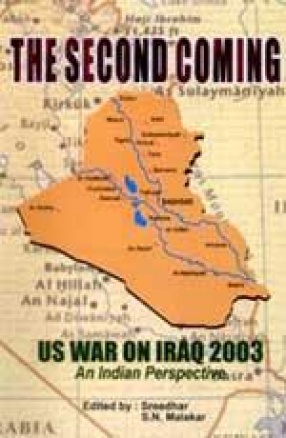


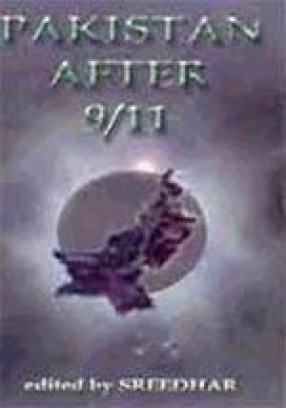
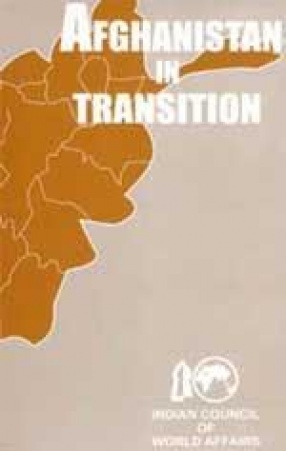
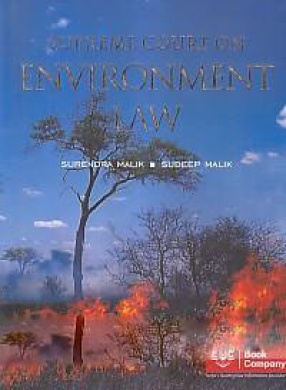

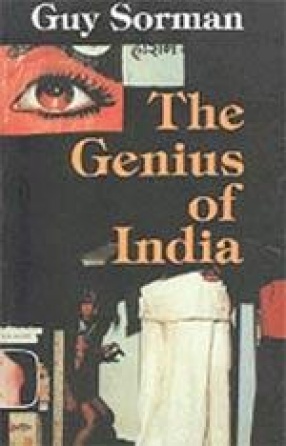
There are no reviews yet.